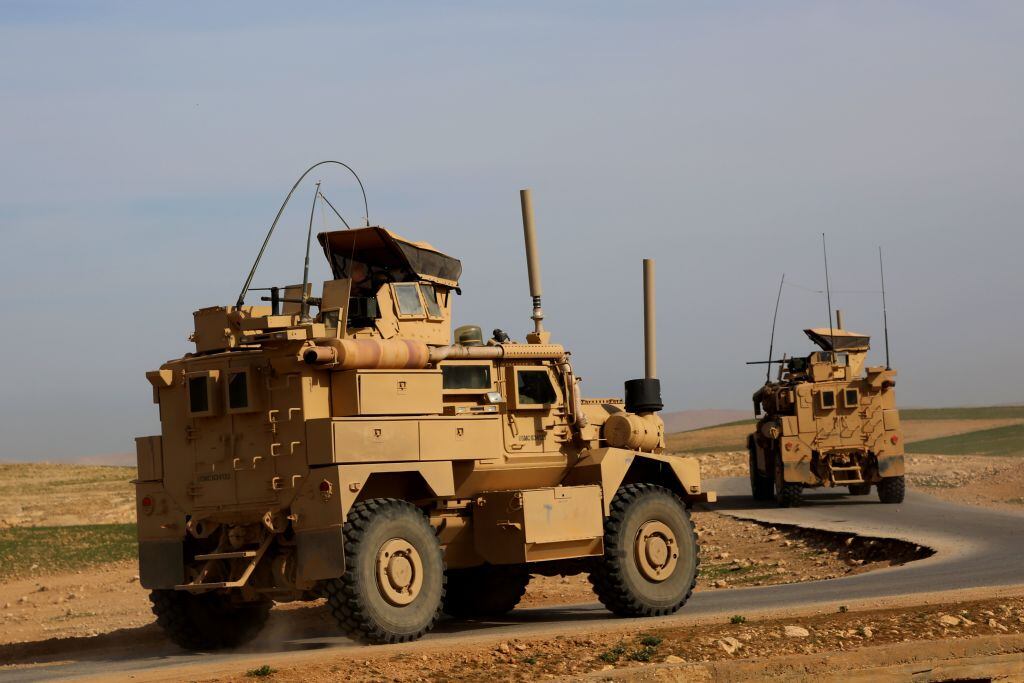WASHINGTON — The United States has concluded Russia knew in advance of Syria's chemical weapons attack last week, a senior U.S. official said Monday.
The official said a drone operated by Russians was flying over a hospital as victims of the attack were rushing to get treatment. Hours after the drone left, a Russian-made fighter jet bombed the hospital in what American officials believe was an attempt to cover up the usage of chemical weapons.
The official said the presence of the surveillance drone over the hospital couldn't have been a coincidence, and that Russia must have known the chemical weapons attack was coming and that victims were seeking treatment.
The official, who wasn't authorized to speak publicly on intelligence matters and demanded anonymity, didn't give precise timing for when the drone was above the northern Syrian town of Khan Sheikhtoun, where more than 80 people were killed. He also didn't provide all the details for the military and intelligence information that form the basis of what he said the Pentagon has now concluded.
The allegation is grave, even by the standards of the currently dismal U.S.-Russian relations.
Although Russia has steadfastly supported Syrian President Bashar Assad's government, and they've coordinated military attacks together, Washington has never previously accused Moscow of complicity in any attack that involved the gassing of innocent civilians, including children. The former Cold War foes even worked together in 2013 to remove and destroy more than 1,300 tons of Syrian chemical weapons and agents.
Until Monday, U.S. officials had said they weren't sure whether Russia or Syria operated the drone. The official said the U.S. is now convinced Russia controlled the drone. The official said it still isn't clear who was flying the jet that bombed the hospital, because the Syrians also fly Russian-made aircraft.
U.S. officials previously have said Russians routinely work with Syrians at the Shayrat air base where the attack is supposed to have originated. U.S. officials say the chemical weapons were stored there.
Those elements, the senior official said, add to the conclusion that Russia was complicit in the attack.
Last Thursday 59 Tomahawk missiles were fired on the government-controlled base in the United States' first direct military action against Assad's forces.
The U.S. has been focusing its military action in Syria on defeating the Islamic State group.

U.S.-made armored vehicles bearing markings of the U.S. Marine Corps are seen on a road north of Raqqa in northern Syria on March 27, 2017.
Photo Credit: Delil Souleiman/AFP via Getty Images
On Monday, Col. John J. Thomas, a U.S. military spokesman, said the U.S. has taken extra defensive precautions in Syria in case of possible retaliation against American forces for the cruise missile attack.
Thomas told reporters at the Pentagon that the increased emphasis on defensive measures to protect U.S. troops on the ground in Syria led to a slight and temporary decline in offensive U.S. airstrikes against ISIS in Syria.
There has been no Syrian retaliation so far for the cruise missile attack, which destroyed or rendered inoperable more than 20 Syria air force planes, he said.
Thomas said the U.S. intends to return to full offensive air operations against ISIS as soon as possible.





